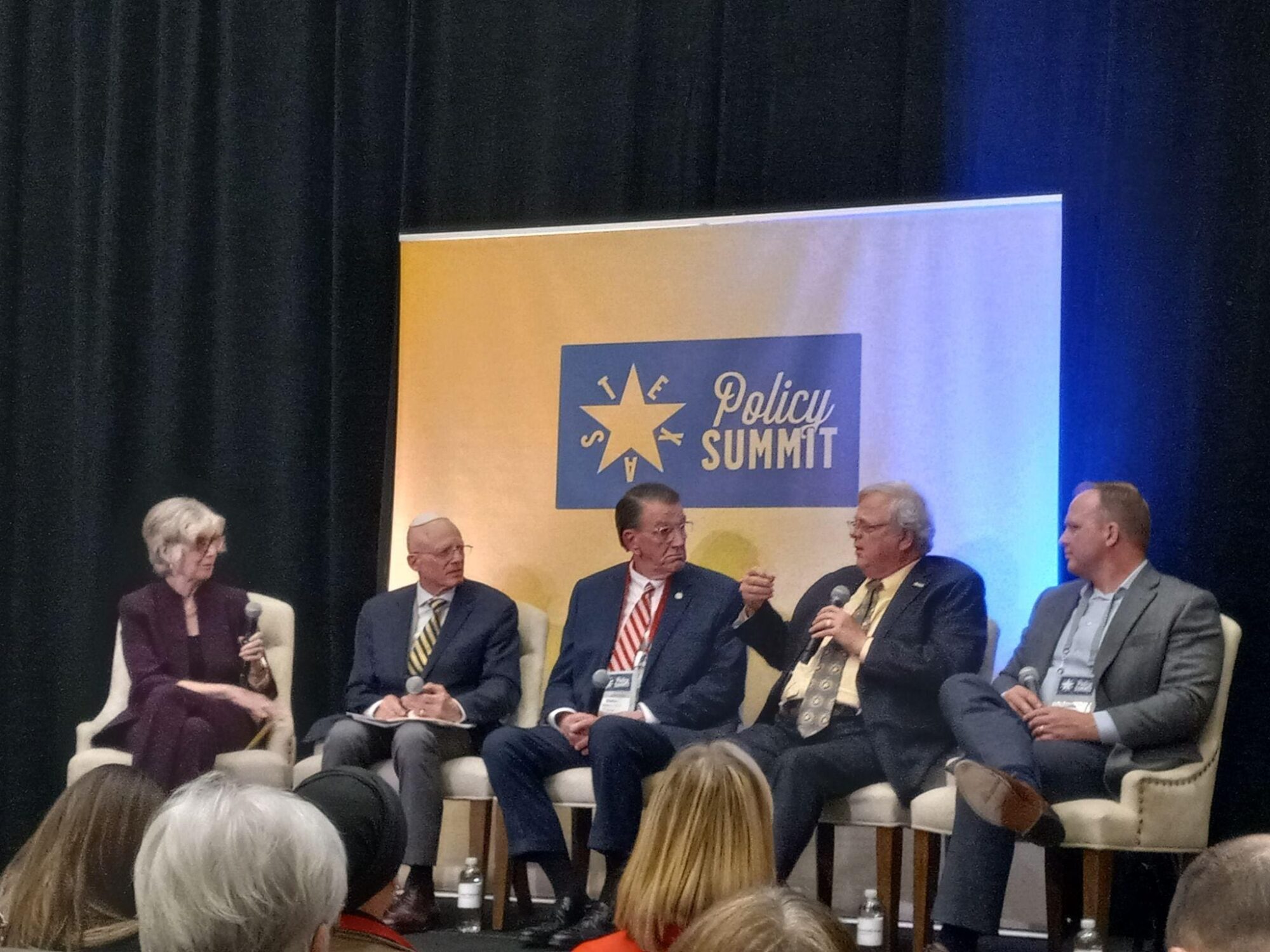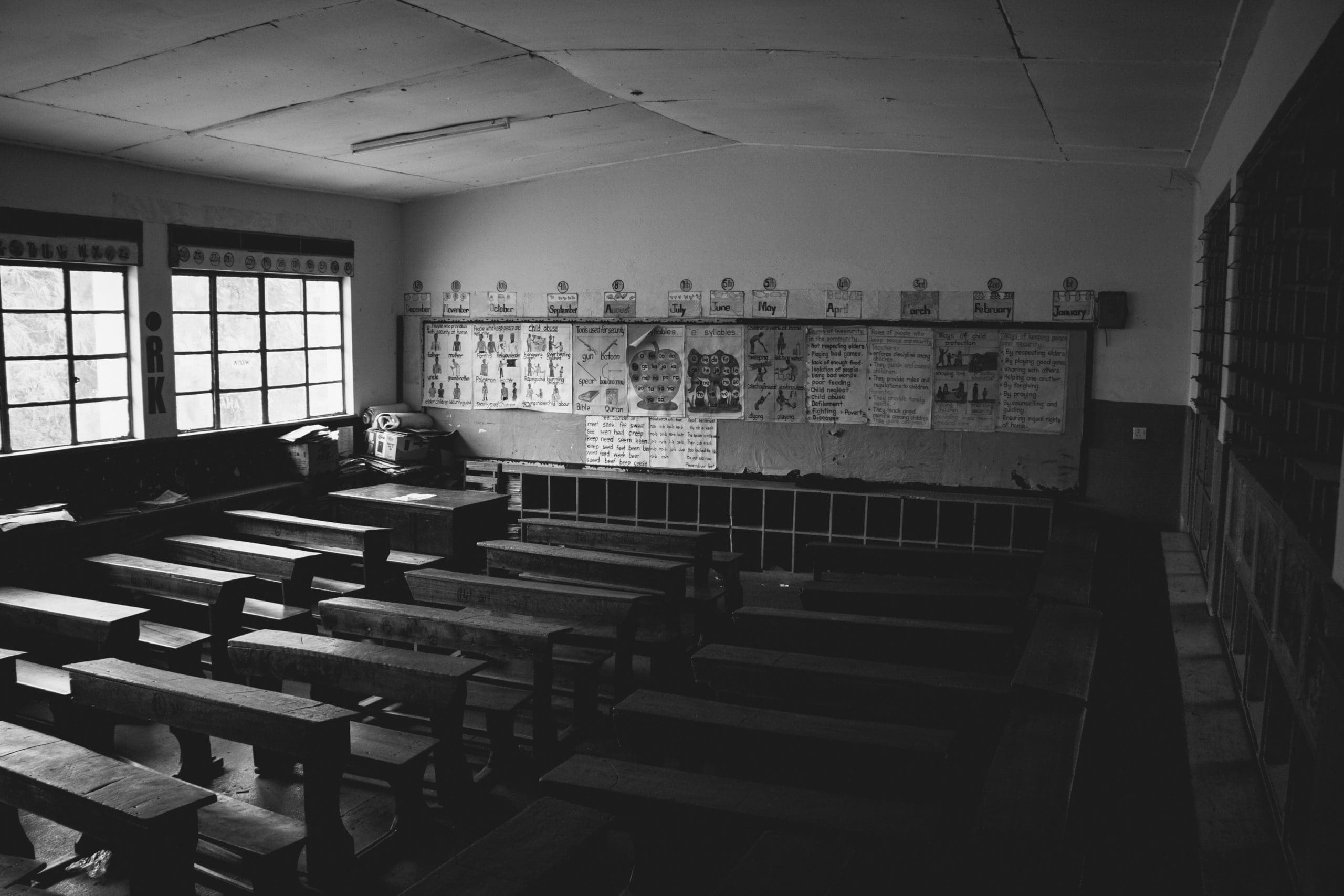Following the City of Dallas’ adoption of a Racial Equity Plan, the city promoted critical race theory principles at its fourth annual Equity Indicators Symposium earlier this month.
The city advertised the symposium to educators, elected officials, government employees, and other local citizens interested in learning how to advance “equity” principles. The event featured several sessions and promised to “highlight national equity practices, alignment with community, residents, and other stakeholders, and focus on investments for change.”
The City of Dallas partnered with the Communities Foundation of Texas, a group that focuses on “advancing community equity,” to organize the event.
Although seemingly innocuous, “equity” is commonly associated with critical race theory, and activists often use the term to push for equal outcomes instead of equal opportunities.
Late last year, the City of Dallas adopted a Racial Equity Plan, which committed to “doing the challenging but necessary work it will take to become the nation’s most equitable city.” The city based this plan on the results of a 2019 Equity Indicators Report, a research project that attempted to measure the “disparities” found throughout the city.
In response to the report, Dallas identified five areas to target for “equity” improvements, including environmental justice, housing, and infrastructure. One initiative in the plan calls to remedy the “Generational Wealth Problem” and proposes “ensuring zoning is inclusive of historically disadvantaged communities.”
Another part of the plan aims to lower the number of “historically disadvantaged” juvenile offenders detained in the city. This section pushed for decreasing the percentage of individuals from those “historically disadvantaged” communities who are arrested for low-level offenses—by not arresting them.
In the Racial Equity Plan’s introduction, Dallas Mayor Eric Johnson referred to the project as “important and substantial,” while City Councilmembers Jaynie Schultz and Casey Thomas II offered similar endorsements. Schultz called the initiative “the most transformative moment in Dallas history” and claimed it would improve citizens’ lives.
“The day we can claim racial equity in Dallas, as a value, our city will look, feel, and behave very different,” said Schultz. “There will be fewer people without homes, fewer unemployed residents, fewer hungry children, the infamous north-south divide will be part of history, and so many other aspects of all our lives will be better. The first step in our transformation to an equitable city has been taken – we have studied our past, with the blatant racism that built Dallas, and proclaimed ‘no more.’”
However, this is not the first time the City of Dallas has spent taxpayer dollars promoting controversial ideologies.
Last year, Dallas sponsored a left-wing activist group that was teaching “queer sex ed” to minors; the city also spent $5 million in taxpayer money to turn a hotel into a homeless shelter.
As public scrutiny intensifies, the City of Dallas will have to decide if using taxpayer dollars to promote “equity” and advance critical race theory principles is in the best interest of its citizens.




